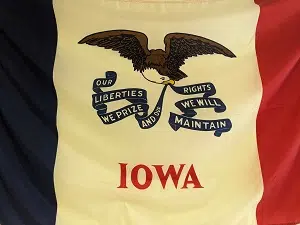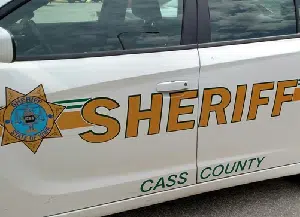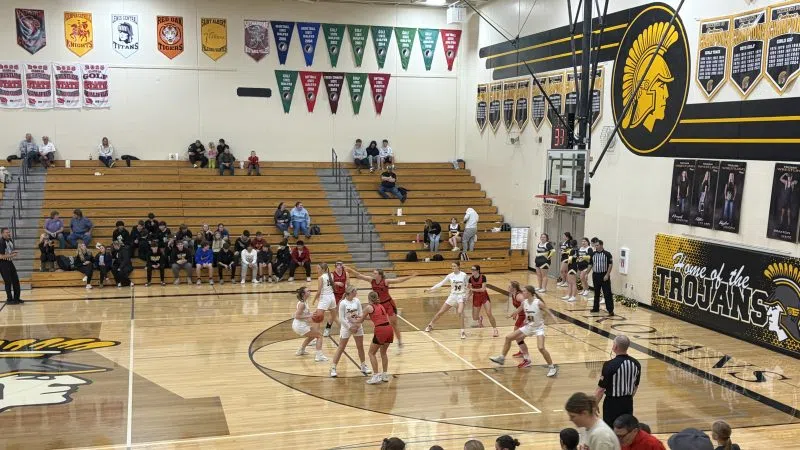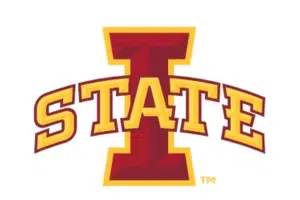(Des Moines) A bill that would funnel a portion of Iowa Tuition Grant dollars toward high-demand job fields passed out of subcommittee Tuesday afternoon despite concerns from private college representatives about how it could impact students.
House Study Bill 62 would require the Iowa College Student Aid Commission, which oversees the Iowa Tuition Grant program, to allocate 50% of funds for the program to students earning degrees that “correspond to high-wage and high-demand jobs,” based on a list created by the state workforce development board and the Iowa Association of Independent Colleges and Universities.
Criteria for job fields to be put on the list include a starting salary of at least $40,000, the acquirement of a bachelor’s degree or initial or intern teaching license for Iowa, and either a projected at-least 1% annual growth rate of new job openings or predicted annual job openings of at least 250 positions over the next five years, according to the legislation.
The Iowa Tuition Grant program, founded more than 50 years ago, provides scholarships to qualifying students attending an Iowa private university. Gary Steinke, president of the Iowa Association of Independent Colleges and Universities, said during the meeting this bill would negatively impact students who most need the financial aid, and those who hope to study religion, alongside other important programs.
“This is a bill that really targets most low-income Iowa students,” Steinke said.
Steinke said faith-based universities are also concerned about the legislation, as it could impact the many students who are seeking an education grounded in faith and religion, with majors that might not qualify as leading to a high-demand job field.
Mark Felderman, who spoke during public comment on behalf of Faith Baptist Bible College in Ankeny, shared the concerns Steinke brought up and asked if majors mentioning the Bible or faith are the ones being targeted by this legislation.
“If we look at what’s our best return on investment in these dollars, I think you want students who graduate from a good institution, who can think, who can communicate … those who know how to interact with each other, have grounding in some of the classics and literature, have some philosophy, all of those things,” said Jim Obradovich, a lobbyist for Faith Baptist Bible College. “And ultimately, these are the folks we want in Iowa, because they’re formed to be good people.”
Subcommittee member Rep. Jennifer Konfrst, D-Windsor Heights, asked Steinke how many students change their major while attending university, to which he said it can vary from year to year, but it generally averages around 50%.
Rep. Taylor Collins, R-Mediapolis, chaired the subcommittee, joined by Konfrst and Rep. Jeff Shipley, R-Birmingham. Shipley said he feels it is important for the state to exercise oversight of the Iowa Tuition Grant program and ensure it aids in completing state objectives.
Collins said discussion on the Iowa Tuition Grant program was a long time coming, as it was formed more than 50 years ago. He said the point of the Higher Education Committee is to review all areas of higher education in the state, including public universities, community and private colleges. He said he’s also looking for colleges to provide data on how many students are using the Iowa Tuition Grant, and Konfrst said she’d like to know if these students are staying in Iowa after graduation.
The bill will be considered next by the full Higher Education Committee.
“The point of this is really to start this is really to start this conversation,” Collins said.













